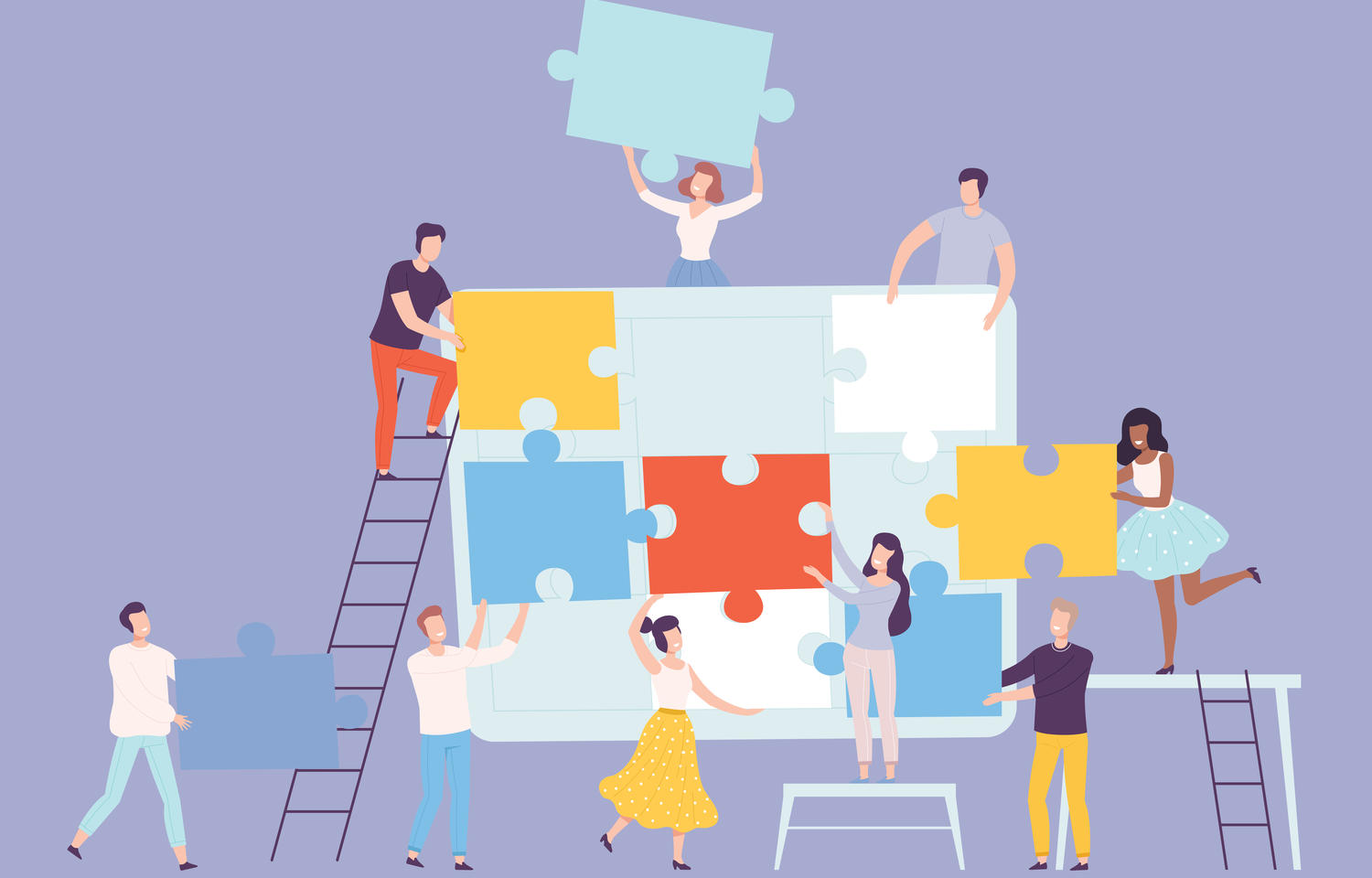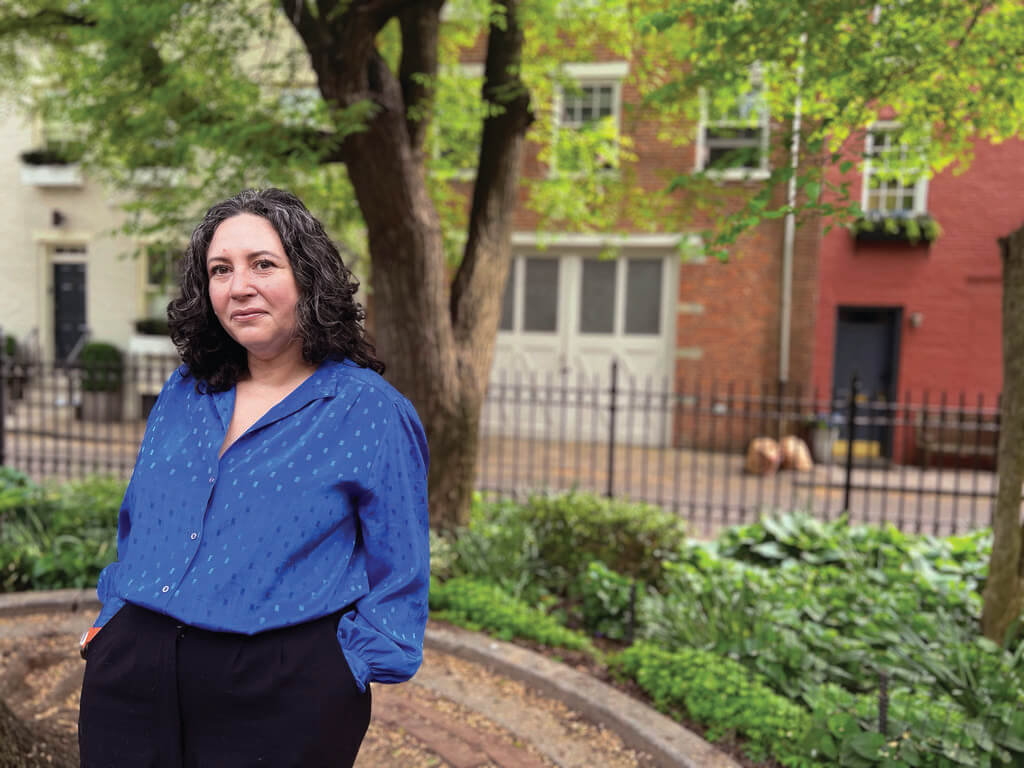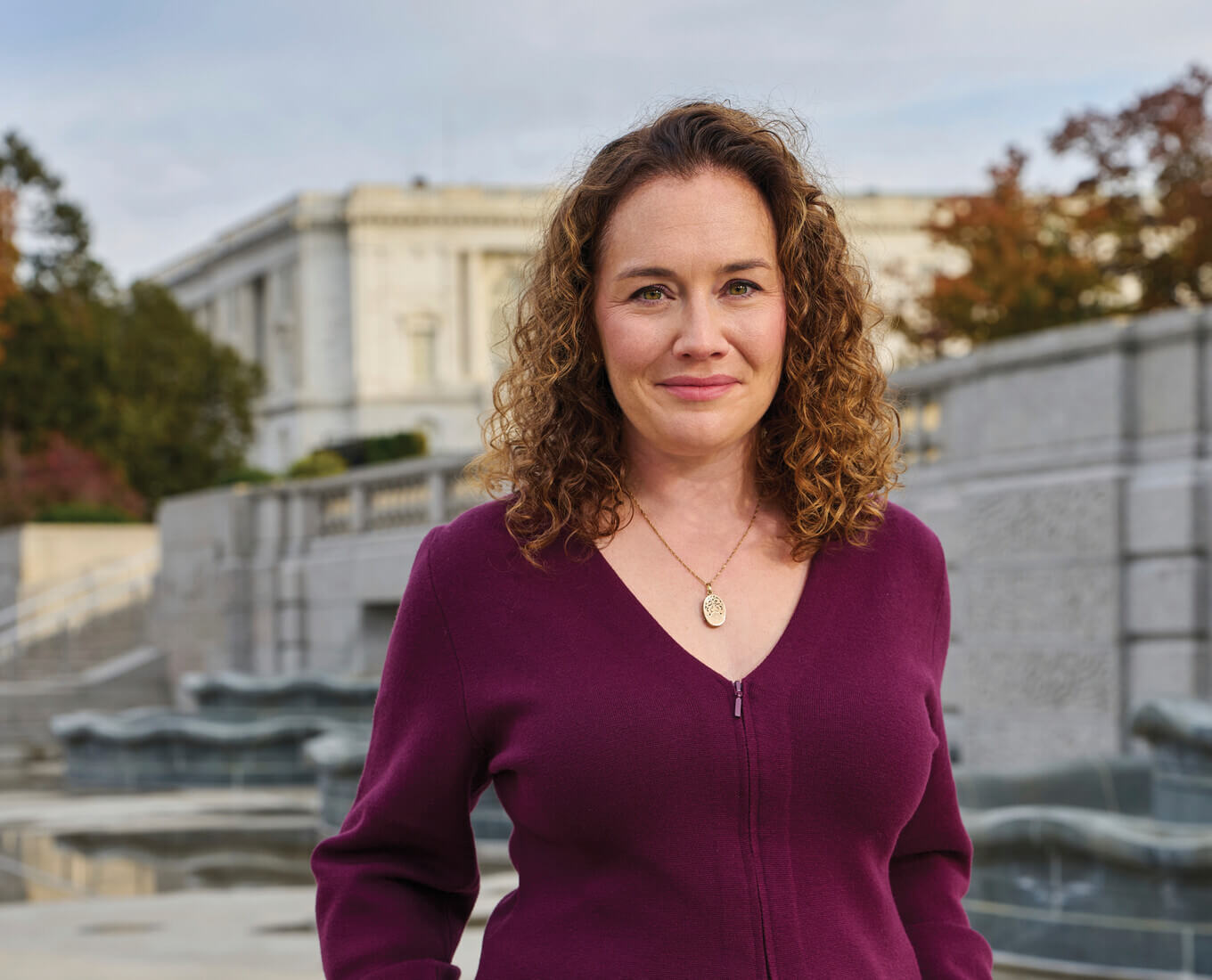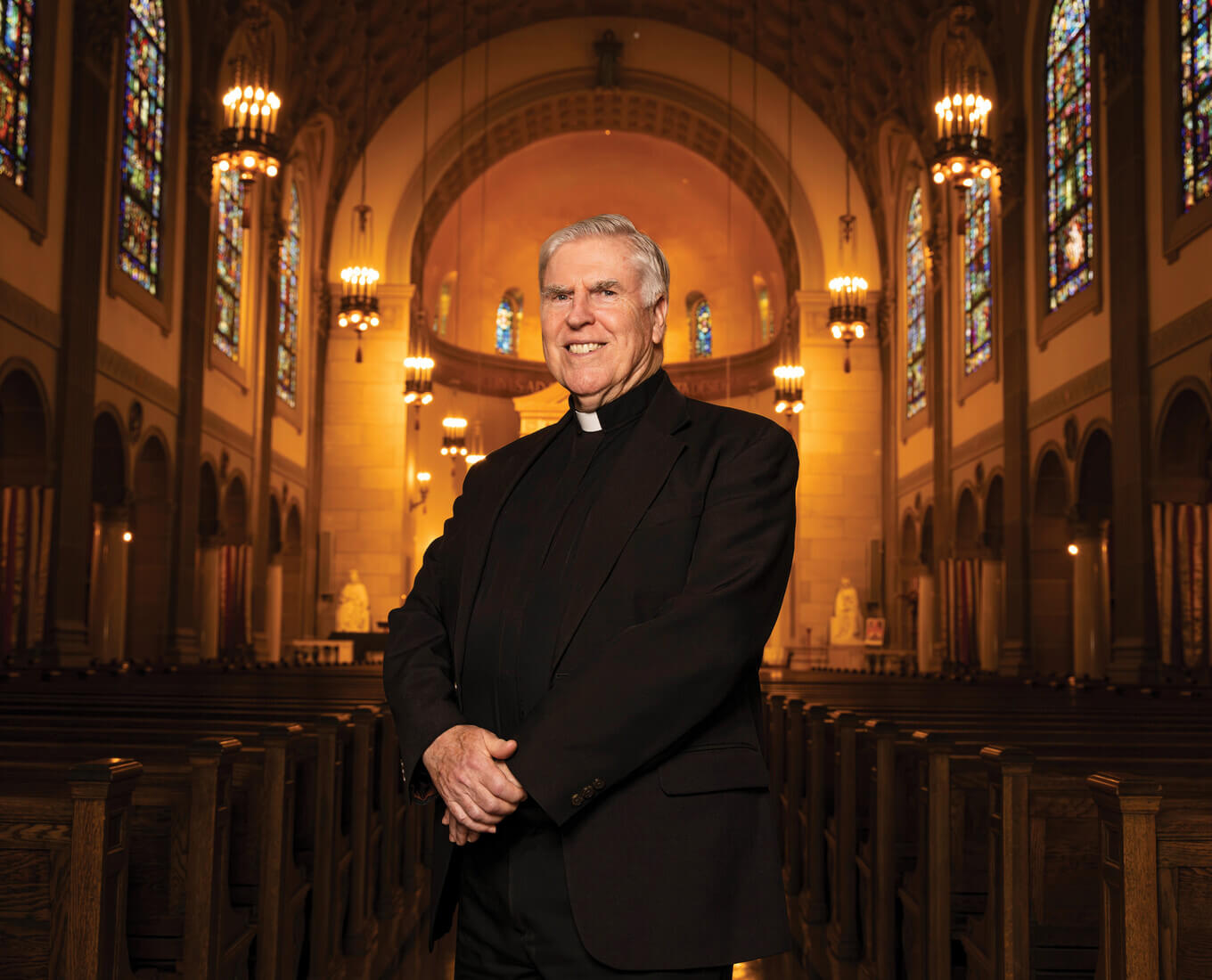Stop reading this article and ask the next person you see to share a time they felt they didn’t belong. Maybe it was searching for a seat in the middle school cafeteria or after moving to a new city. It could have been a major life event or a run-of-the-mill everyday encounter.
Whenever it was, chances are they had an answer because nearly every human has felt like they don’t belong at one point in their lives. In fact, today, loneliness, which arises from a human’s need to belong, is so pervasive it’s considered an epidemic. In 2023, U.S. Surgeon General Vivek H. Murthy, M.D., called it an “urgent public health issue” and noted it and isolation present “profound threats to our health and well-being” in his 82-page report, “Our Epidemic of Loneliness and Isolation: The U.S. Surgeon General’s Advisory on the Healing Effects of Social Connection and Community.” And it’s not just an issue in the United States. A 2023 survey taken across 142 countries reports that 24% of people age 15 and older said they feel “very or fairly lonely.”
“What happens, from a psychological perspective, if you feel like you don’t belong? You use your cognitive resources worrying about that lack of belonging,” says Lindsey Caola, visiting assistant professor in the psychology department at Holy Cross. “That detracts from our ability to focus on the task at hand, which might be engaging in class or being present in a relationship or conversation with peers. In the workplace, if we don’t feel accepted by our colleagues, we might not feel as motivated at work. We might not be as productive. Because we’re human, we have limited cognitive capacity.”
In short: Our brains cannot function optimally when we don’t feel a sense of belonging. Not only that, Caola says, research has found that the brain processes the pain of loneliness in a similar way that it does physical pain.



